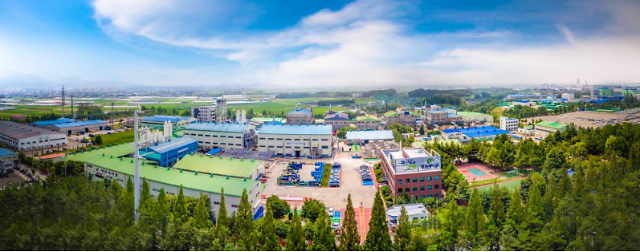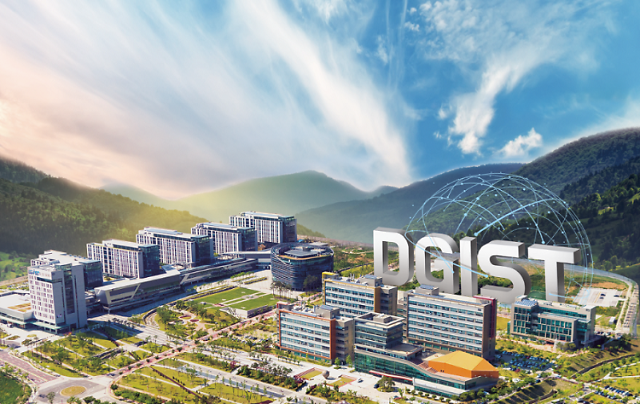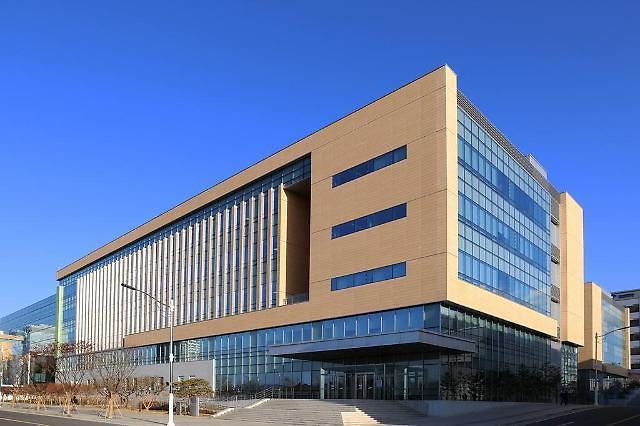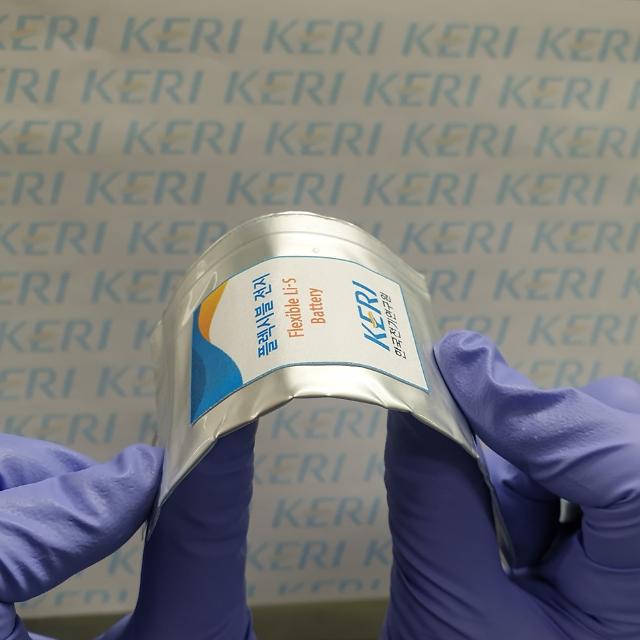
[Courtesy of Jeongseok Chemical]
Jeongseok is to hold a ceremony on September 15 to complete a lithium sulfide production facility in Wanju, about 170 kilometers (105 miles) south of Seoul. Lithium sulfide induces electrolyte activation and is highly utilized in the solid state battery market due to its high stability. Due to a difficult manufacturing method, South Korea has relied on imports from Japan and the United States.
Lithium-ion batteries have safety problems such as fire. All-solid-state batteries are seen as a next-generation power source for electric vehicles as solid electrolytes are nonflammable and more stable. They can have a higher energy density than lithium-ion batteries. However, challenges to widespread adoption include energy and power density, durability, material costs, sensitivity and stability.
Sulfide-based solid-state batteries use lithium metal as anode material to enable high energy density and safety. In 2021, a research team from the government-supported Korea Electrotechnology Research Institute (KERI) developed a method that can mass-produce sulfide-based solid electrolytes at low prices.




